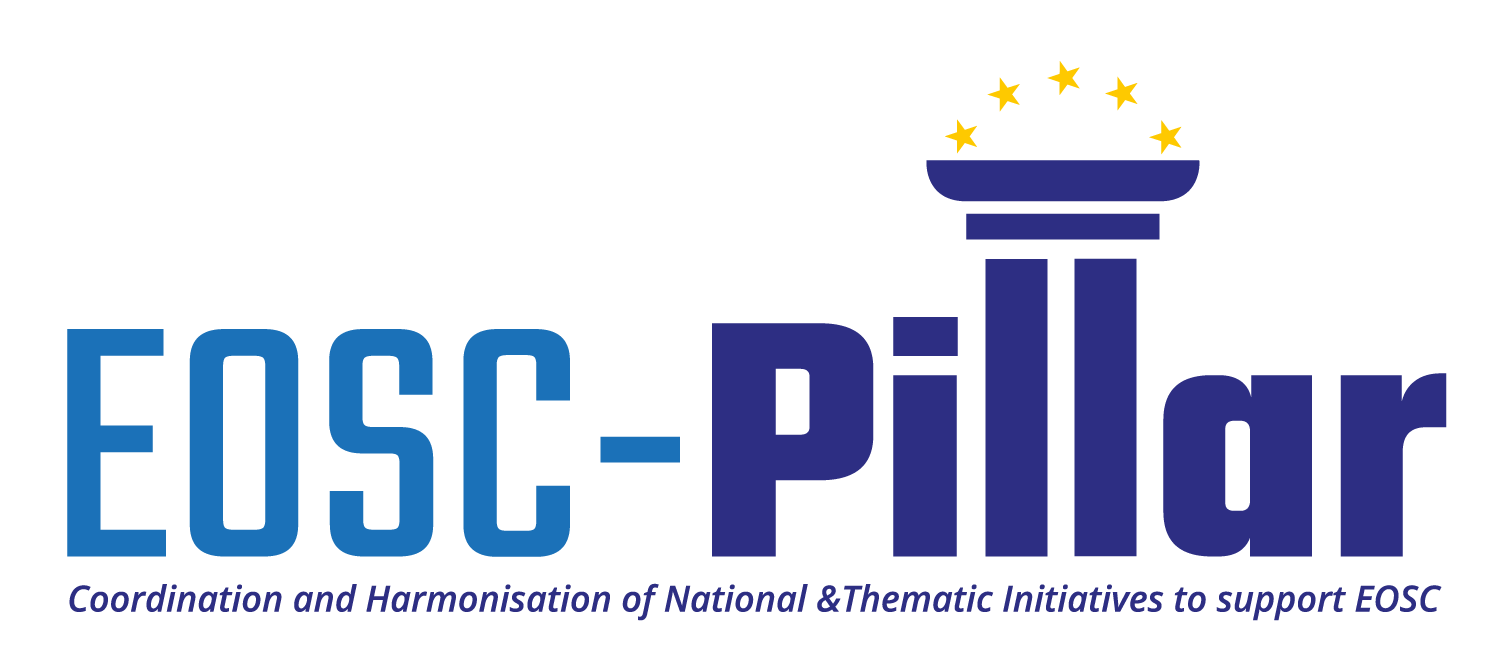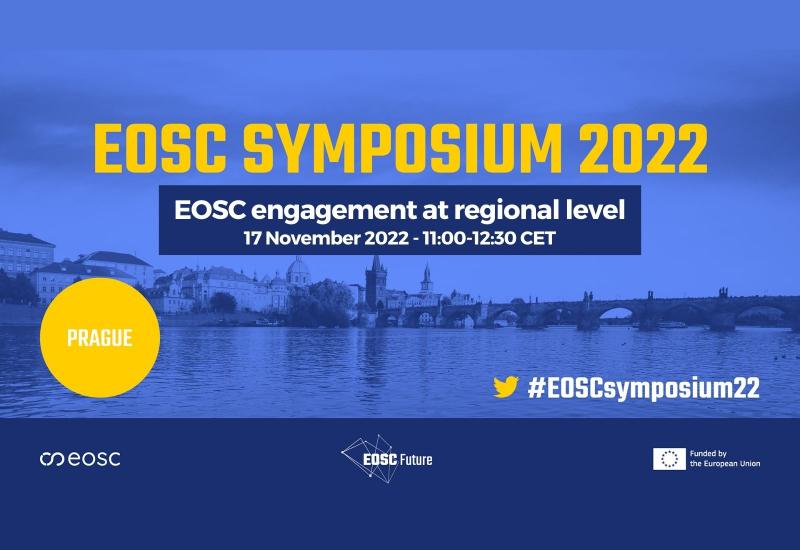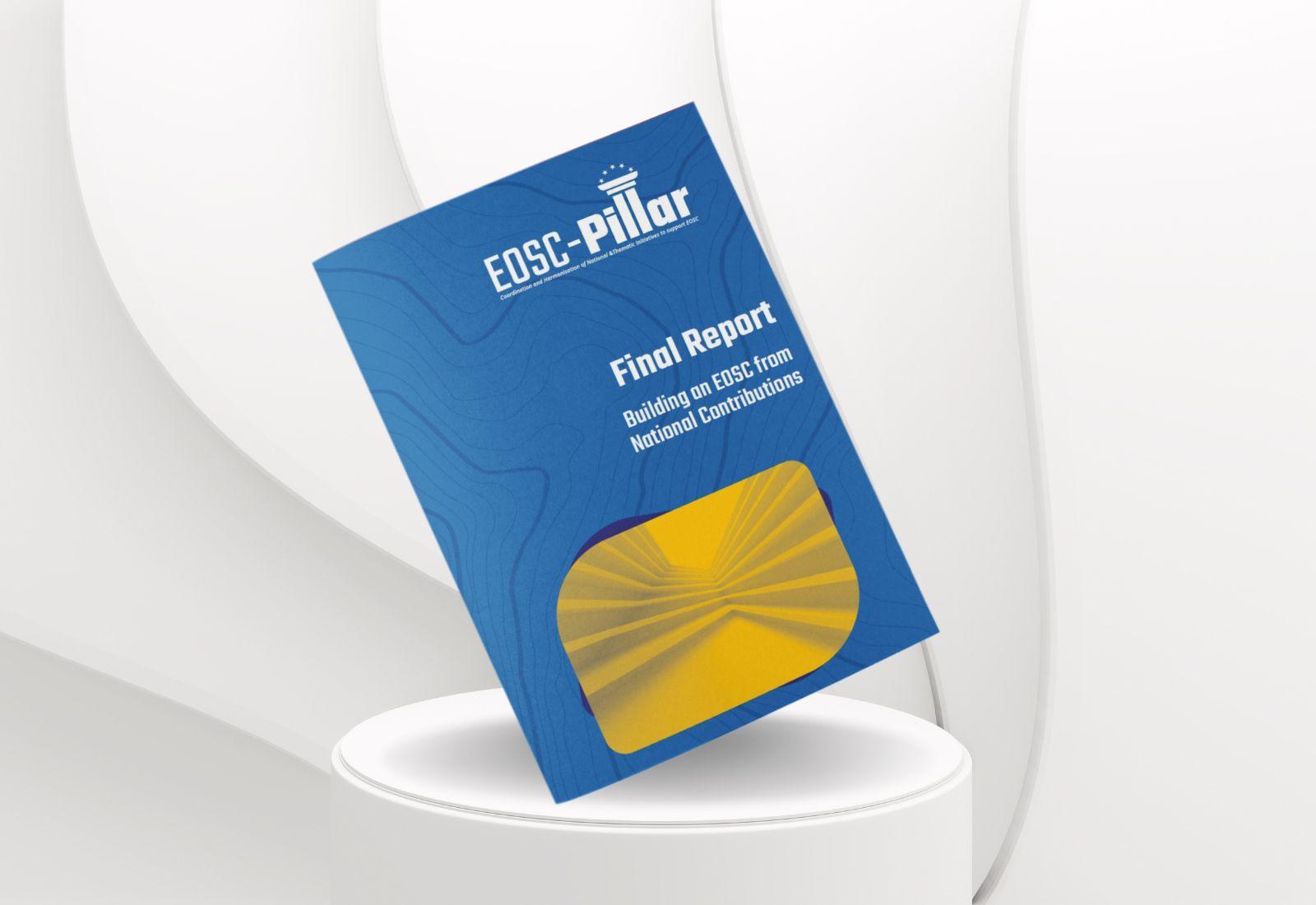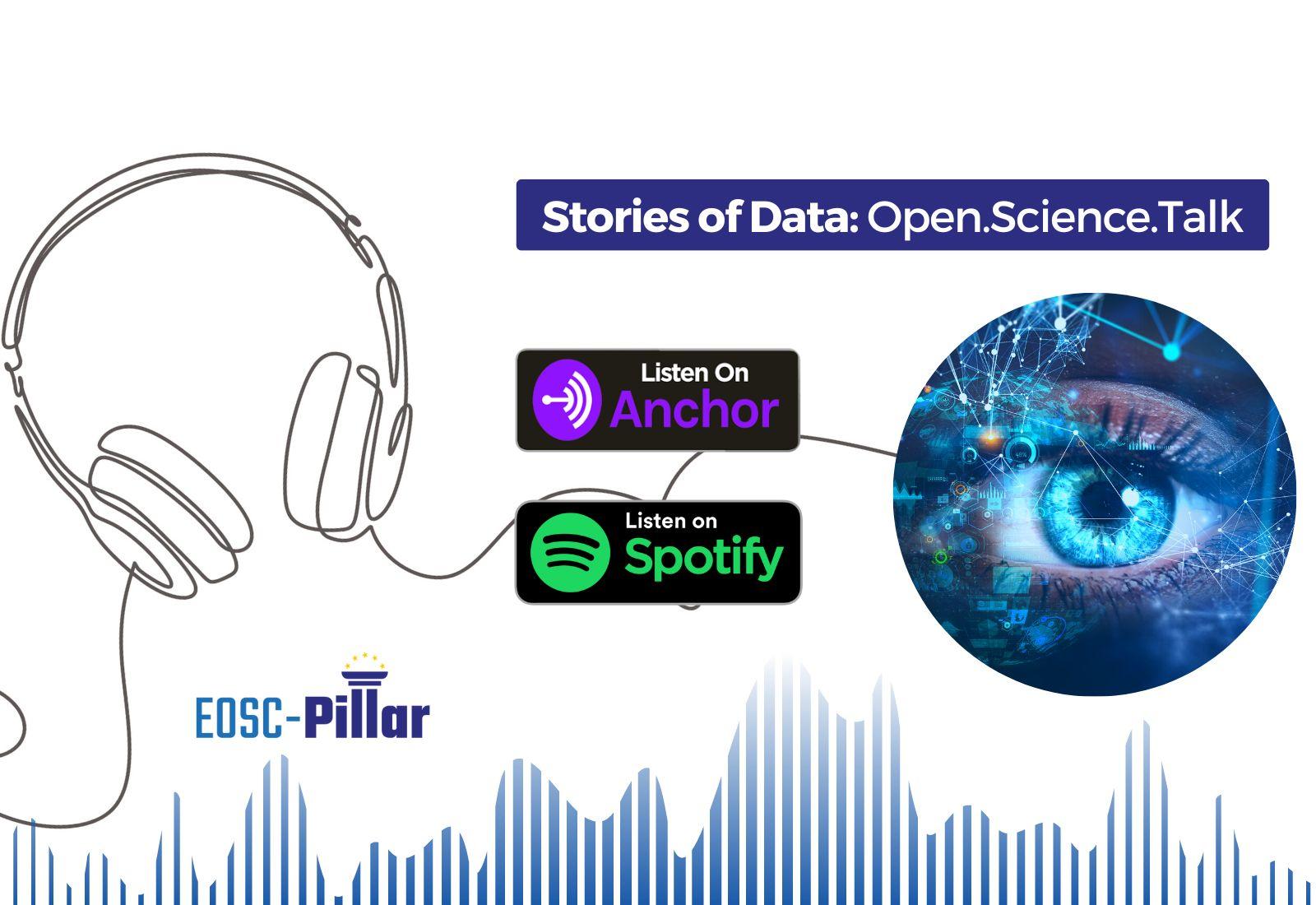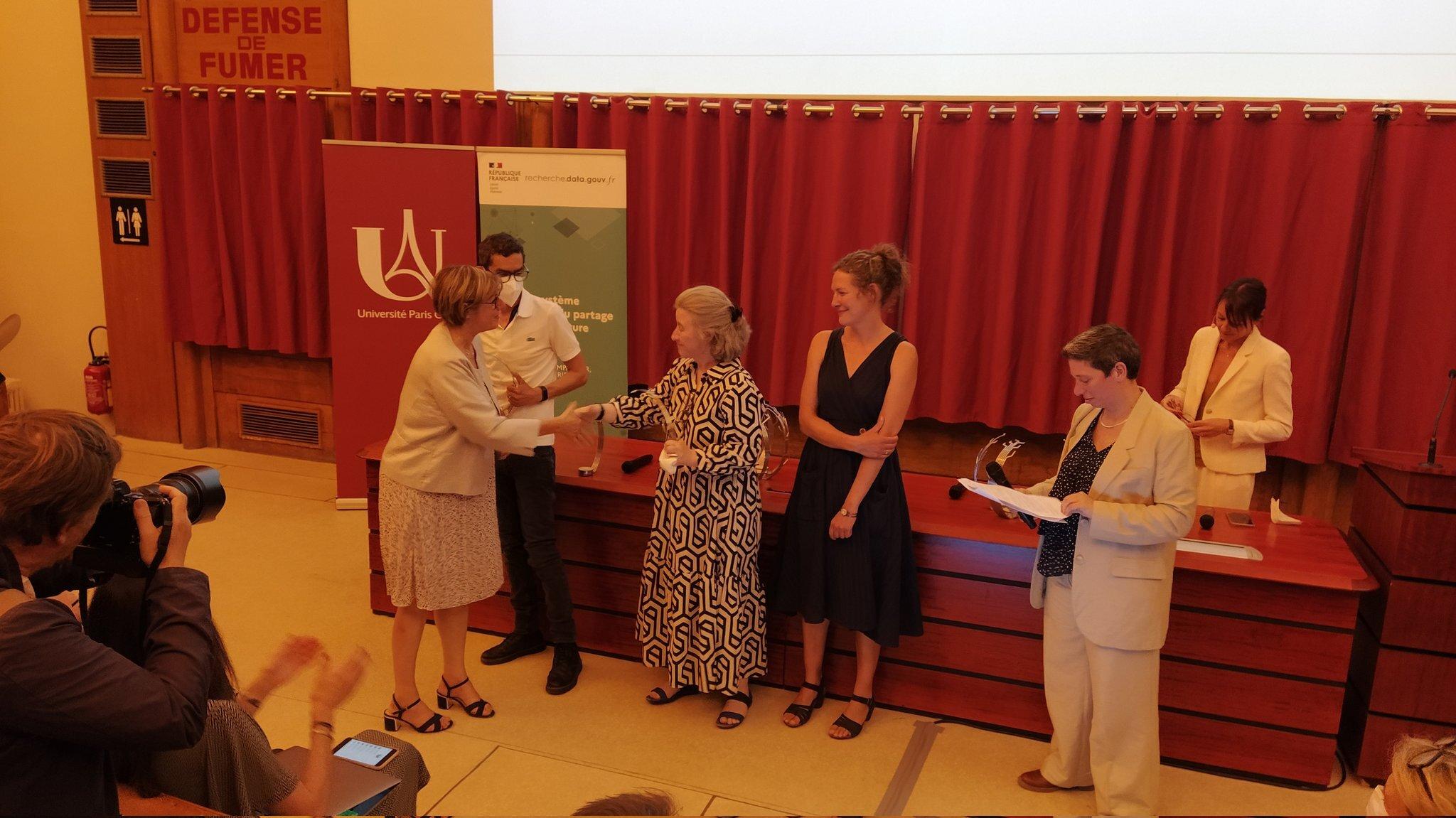
EOSC & open science in Austria: An interview with Stefan Hanslik
March
27,
2020
News
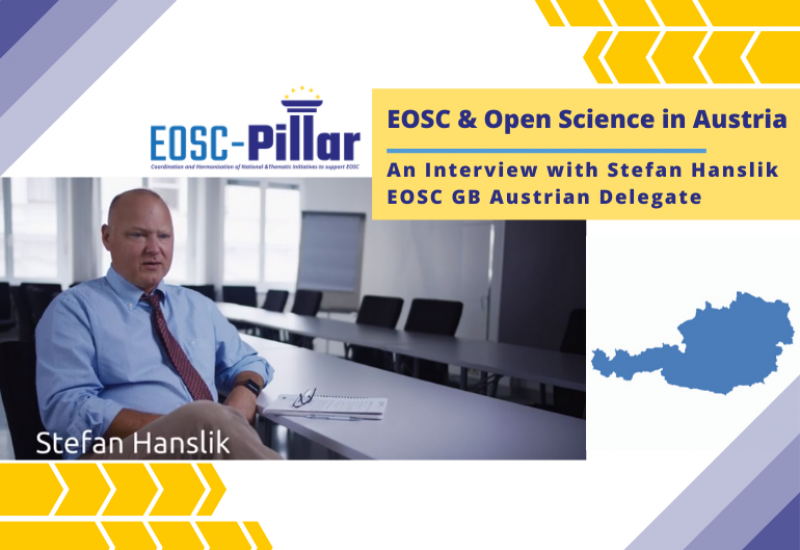
National landscapes are crucial for the successful development and implementation of the European Open Science Cloud, this is why the EOSC Governance Board plays a key role in the long-term mission of all EOSC-related projects.
As EOSC-Pillar coordinates harmonisation and cooperation across Austria, Belgium, France, Germany, and Italy, hearing directly from the country delegates is a great way to learn more about what the current situation is in each of these Member States. This time, we had the chance to exchange a few lines with the Austrian Delegate Stefan Hanslik, from the Federal Ministry of Education. We would also like to remind you of this very useful series of videos recorded by the Vienna University of Technology in late 2019, where Hanslik explained the key aspects of EOSC.
- Why should national open science initiatives get involved with the development of EOSC in this stage?
The involvement of national initiatives at this stage is rather important. It prevents duplication processes and a “stand-alone position”. On the other hand, it supports the various singular initiatives with their performance (with EOSC as a catalyst for research).
- What are the most relevant steps that Austria has taken in the field of open science?
Currently we are working within a EOSC Platform called EOSC-Café on all issues related to EOSC and Open Science. One of the activities is the genesis of an OS and EOSC policy for Austria. A public consultation is in progress at the moment, and on the basis of its outcome we will take the next steps towards an Austria-wide policy for OS and EOSC implementation and participation.
- What impact is the COVID-19 outbreak having on the open science landscape in Austria?
We are participating in COVID-19 related activities which are currently are organized by the European Commission, Member States and ACs in the framework of the EOSC Governance Board, together with the EOSC Executive Board and various European intitutions (such as EMBL, EBI, GOFAIR, CODATA).
- Are there specific guidelines for service providers? Will there be incentives for those who adopt open science principles and collaborate with the EOSC mission?
At the moment there are no specific guidelines for service providers, or incentives for those who adopt open science.
- How are national institutions cooperating with the EOSC-Pillar regional project?
In Austria, it is Universities and Research Infrastructures who are cooperating as project partners or coordinators with EOSC-Pillar.
- How can national institutions help connect local entities with the broader scope of the EOSC?
National institutions can help with awareness activities like workshops and presentations with EOSC specific content. These help to include institutions across disciplines in the process of EOSC.
We look forward to discussing these and many other topics with the EOSC-Pillar community in the webinar on the results of our National Initiatives Survey, on Friday 3 April 2020.



